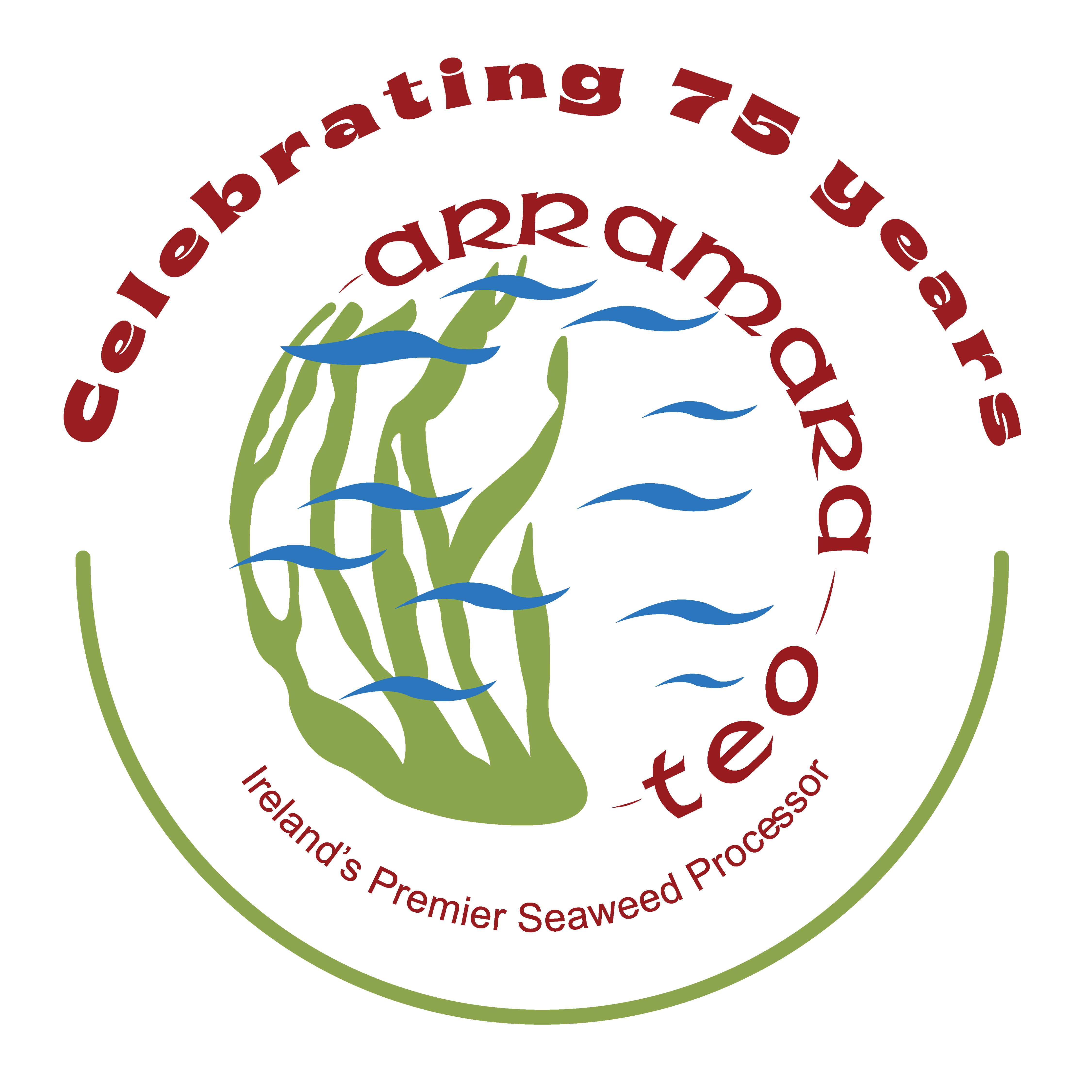We believe that a strong company should be committed to helping build a strong community, in ways both large and small. That’s why we’re pleased that what originally started as a do-it-yourself gardening and landscaping project at the factory’s entrance, evolved into a thoroughly enjoyable and creative community project. Now, our facility looks amazing while giving a nod to our vital ocean heritage and prompting a smile from every passer-by.
As the photo depicts, we re-purposed what some claim is a retired half-decker, a style of small sea-faring craft used as a fishing vessel, abandoned on the Pier at Cill Chiaráin. As you can see, it now showcases a myriad of local flowers and greenery, but there may very well be quite a bit of history in this vintage vessel.
It is believed that the half-decker was derived from the Norway yawl, which was primarily used for fishing. The Norway yawls were entirely open and double-ended, meaning sharp at both stem and stern. They were regarded as safe, serviceable boats and could be easily hauled out of the water by two men.
The yawls were particularly effective in areas with limited harbour facilities, such as Mayo and Galway. In Ireland today, the double-ended, clinker-built boat is still alive and well; however, it’s generally found in motorised form and is reflected in the half-decker motor boats of Donegal and fishing yawl in Killough.
It’s always a pleasure to see Ireland’s rich marine heritage preserved in the currachs, Galway Hookers, yawls, Harvester boats and other vessels that pass Arramara on the bay.
The Employees of Arramara wanted to preserve the historic relevance of our ocean resource practices. “A boat like this could have been used by any one of our grandfathers, fathers, uncles or brothers in harvesting seaweed or fishing our ocean’s rich resources,” said Maura Flaherty, Quality and Safety Manager at Arramara. “It was important to us that our workplace beautification project also reflect our proud ocean resource heritage, which is just as important today as it has been in the past and will continue to be for future generations.”
